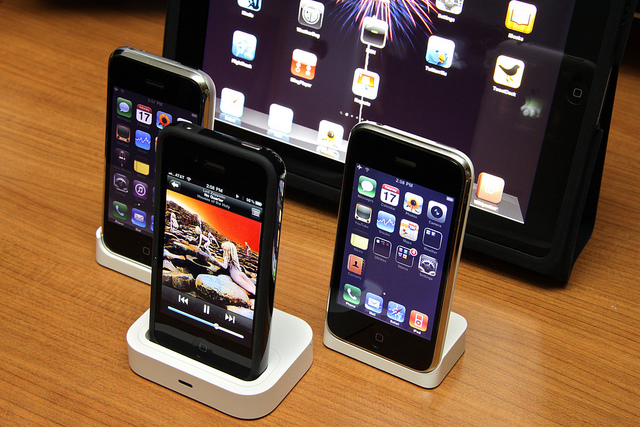
Nearly three years ago, the Federal Trade Commission began an investigation into Apple’s marketing of in-app purchases to children. The issue was that when users entered their iTunes password in the App Store, iOS wouldn't ask for the password again for 15 minutes—enabling the easy purchase of virtual items, particularly by kids. Earlier this year, Ars reported an instance where a five-year-old ran up a $2,500 charge.
“As a result, we have alleged that in aggregate, children ran up millions of dollars in charges without [parents'] knowledge or consent,” FTC Commissioner Edith Ramirez told reporters on a conference call on Wednesday.
Ramirez announced that in a 3-1 vote, the FTC had settled the issue with Apple, requiring that Apple provide refunds. The payments must reach a “$32 million price floor, and if it comes to less, then Apple will pay the rest to the FTC.”Ramirez added that the problem was Apple’s lack of informed consent of this 15-minute window and the possibility of racking up easy charges during that time.
“Apple is required to send out an e-mail to potentially affected consumers,” she said.
Fair’s fair?
For its part, Cupertino softened accusations of wrongdoing in an e-mail sent from Apple CEO Tim Cook and leaked to the media. Cook wrote that the company had already e-mailed millions of App Store customers and is processing 37,000 claims.
A federal judge agreed with our actions as a full settlement and we felt we had made things right for everyone. Then, the FTC got involved and we faced the prospect of a second lawsuit over the very same issue.
It doesn’t feel right for the FTC to sue over a case that had already been settled. To us, it smacked of double jeopardy. However, the consent decree the FTC proposed does not require us to do anything we weren’t already going to do, so we decided to accept it rather than take on a long and distracting legal fight.
In response to a question on the conference call posed by Ars, Ramirez asserted that the FTC’s new settlement is “more robust” than the previous civil case. It will newly require Apple, as of March 31, 2014, to “change its practices so there is notice given to account holders and parents so they understand the 15-minute window.”
“Our criteria is that there be informed consent before a charge is made,” she concluded.
The lone dissent in the FTC's vote came from Commissioner Joshua D. Wright, who said that this case involves a "miniscule percentage of consumers" and therefore did not meet the FTC's own analysis for "unfairness."
Wright argued (PDF):
Disclosures made on the screen while consumers interact with mobile devices are a fundamental part of the user experience for products like mobile computing devices. It is well known that Apple invests considerable resources in its product design and functionality. In streamlining disclosures on its platform and in its choice to integrate the fifteen-minute window into Apple users’ experience on the platform, Apple has apparently determined that most consumers do not want to experience excessive disclosures or to be inconvenienced by having to enter their passwords every time they make a purchase.
reader comments
93